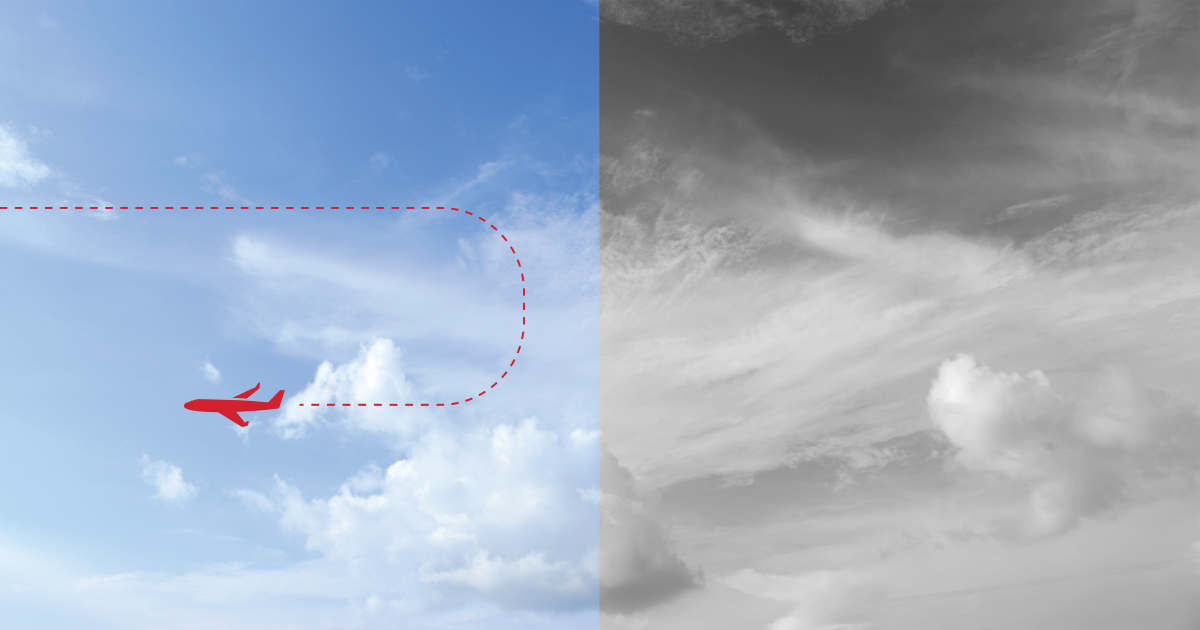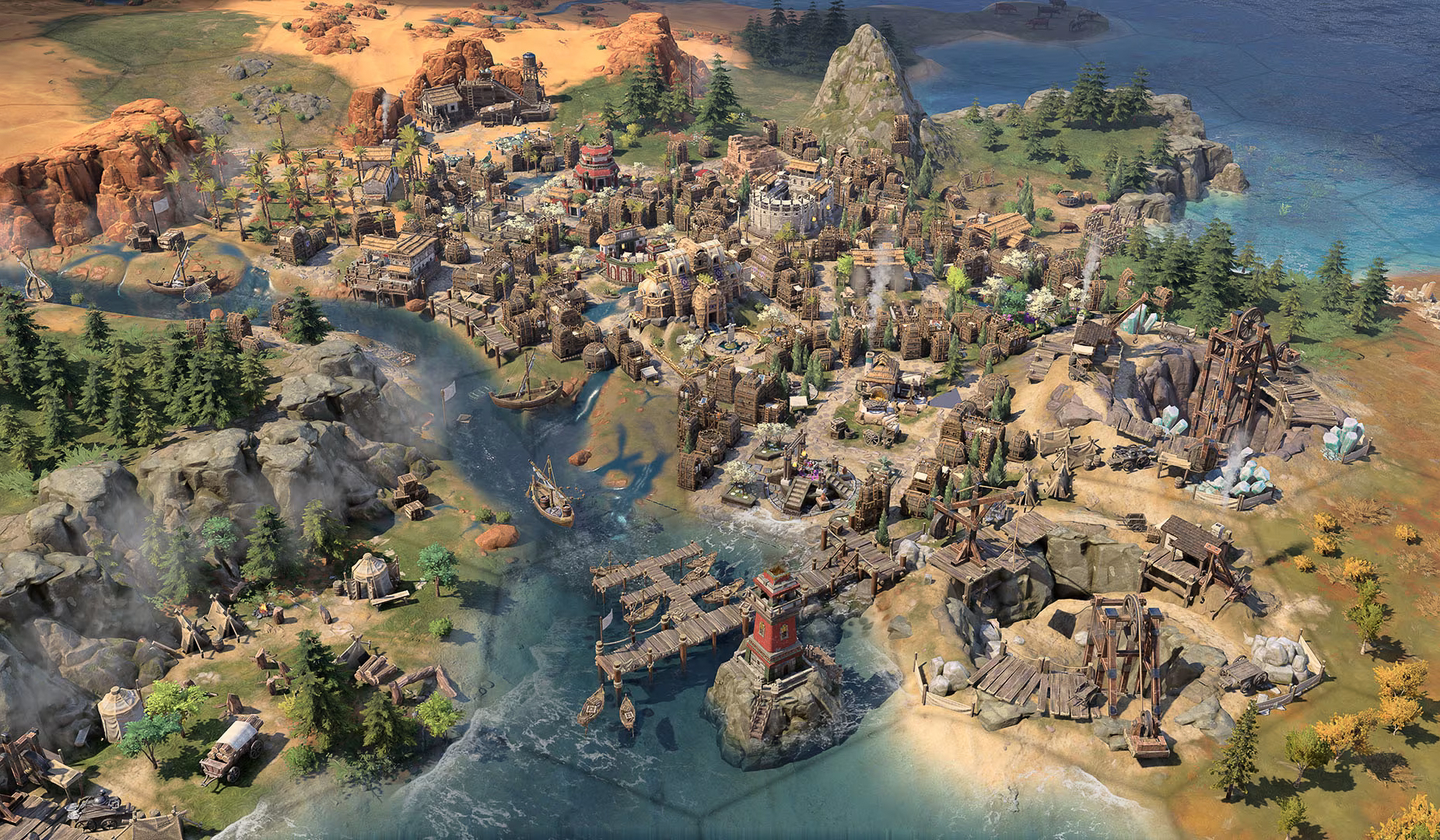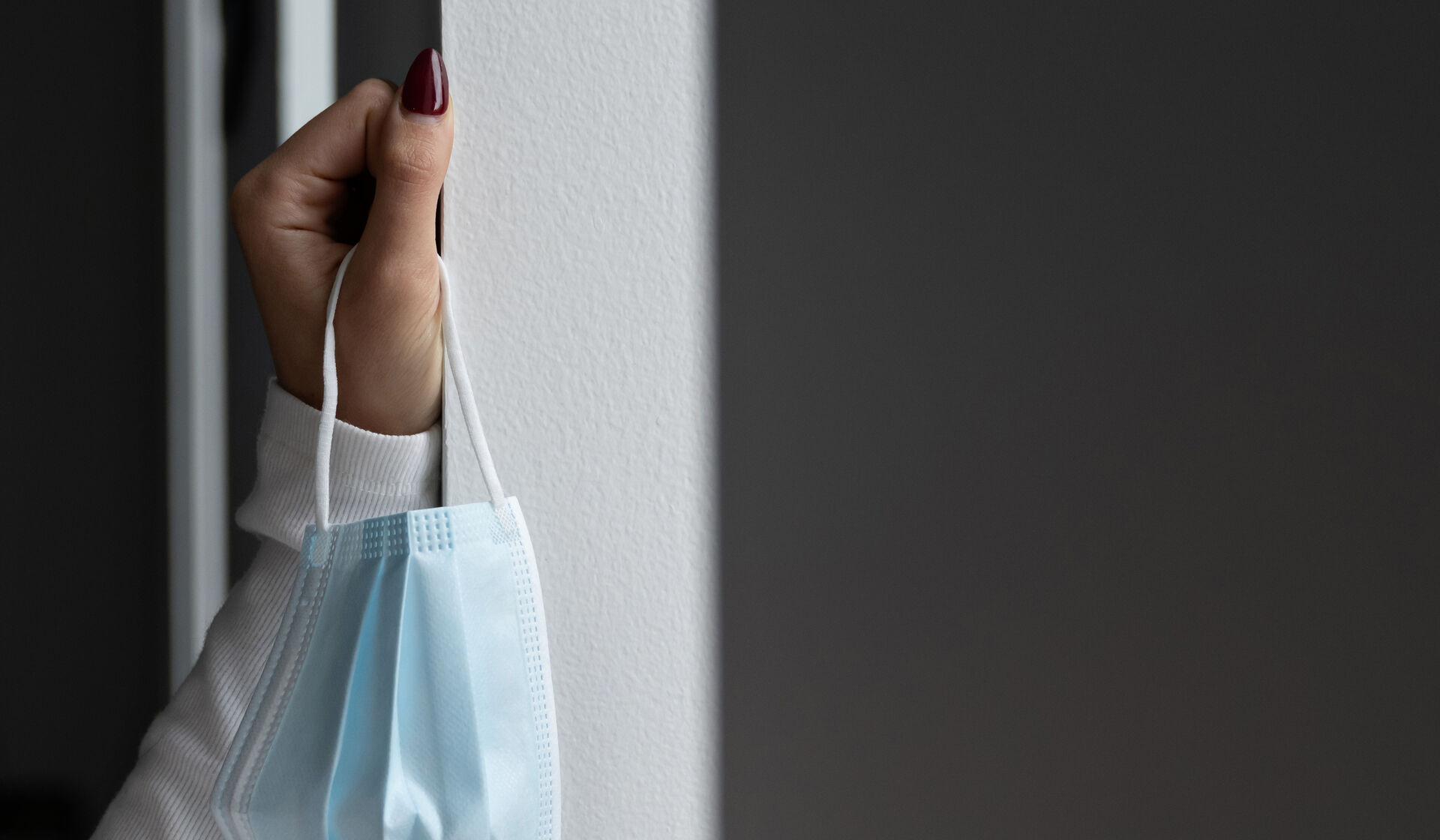Sitting in Sweetwater’s Coffee & Tea on an August afternoon in Ann Arbor, U-M doctoral candidate Mina blends in easily with the casual crowd of students and locals. But for Mina (who requested that her last name not be used), much more is weighing on her mind than her research in natural sciences.
She is from Iran, one of the seven countries affected by the Trump administration’s travel ban, which the Supreme Court upheld in June, stating that it was squarely within the scope of presidential authority. The ban restricts travel from Libya, North Korea, Somalia, Syria, Venezuela, and Yemen in addition to Iran. (Chad, on the list for months, came off in April.) While the restrictions vary from country to country, citizens of these countries are, for the most part, forbidden from emigrating to the United States. It also bars many of them from working, studying, or vacationing in the U.S.
Though Mina’s visa status is safe while she is at U-M, her family and friends cannot visit her now because of the ban, nor can she return home. She communicates with them via Skype and FaceTime but has not seen them in more than two years. And she’s not the only student at the University in this position. According to U-M’s Office of the Registrar, 123 students were enrolled last fall from three countries affected by the ban (Iran, Venezuela, and Yemen). International figures for fall 2018 will not be available until later this year.
At first glance, the ban’s impact on U-M might seem minimal. The number of students from travel ban countries is a small proportion of the 6,959 international students at U-M. By contrast, China sent the most students: 3,088. Chinese students, however, are primarily undergraduates, while students from the travel ban countries are, for the most part, graduate students.
“We’ve had international graduate students here for 100 years,” says John Godfrey, assistant dean for international education at the Rackham Graduate School. He estimates that 60 percent of the 30,000 applications for U-M’s academic graduate programs each year come from students outside the United States. Iran, he says, is a crucial source of students in science fields.
“We are distinctly proud of that. It enriches the community, and it certainly makes the University community truly international.”
Mina obtained her undergraduate degree in Europe before coming to the United States for her master’s degree. In 2013, she narrowed her choice for her doctoral work to two American universities: U-M and Johns Hopkins University. She chose Michigan, where she has received full funding for her research since matriculating in 2014.
She knew when she came to U-M that she could not leave the U.S. under the terms of her single-entry visa and would have to apply for a new visa if she returned to Iran. “Back then, I knew my parents could get a visa and come and visit me,” she says, “and they did.”
But in January 2017, the administration’s initial travel ban temporarily suspended the entry of all refugees to the U.S. and set limits on immigration from seven predominantly Muslim countries.
“The initial ban came somewhat unexpectedly and was not something that we could have anticipated or prepared for,” says Judith Pennywell, director of U-M’s International Center. However, several courts around the country quickly blocked that ban.
A second and third version of the ban were subsequently issued by executive actions but were again challenged in the courts. One of the court cases eventually made its way to the U.S. Supreme Court, which made its June ruling.
U-M was among 30 universities that filed an amicus brief with the Supreme Court, attempting to help overturn the ban. The schools argued in the brief that the work of international students “leads to critical advancements across all disciplines, from science and technology to arts and letters, often through cross-border collaborations that enhance teaching and research.” After studying in the U.S., the universities argued, international students “return home as leaders in business, medicine and politics and other fields.”
Under the current travel ban, while exemptions exist for Iranian scholars to study in the U.S., they are now subject to “enhanced screening and vetting requirements.” Because the administration has not clearly defined the new process, students like Mina dare not try to return home.
International students routinely act as a support group for one another, informally through dinners and holiday celebrations, and more formally through organizations such as Rackham Graduate International. Additionally, the University offers a number of resources for students from outside the U.S.
But nothing can replace the solace of family, Pennywell says. Parents of students from these countries cannot visit the U.S., which means they miss graduations and cannot come if a student falls ill. In turn, students may not be able to travel abroad even for weddings or funerals.
“These normal life experiences that we tend to take for granted are severely restricted by the bans and are, understandably, a source of frustration,” Pennywell says
In another action that affects foreign students, the State Department has been limiting Chinese students’ visas in some STEM research fields to one year. Previously, Chinese students could obtain five-year visas. The ban, in effect since June 11, affects areas such as robotics, aeronautics, and technology development.
The Trump administration says the aim is to “ensure that intellectual property is not transferred to our competitors.” Chinese students can reapply for visa extensions, but there is no guarantee they will be granted. Students may also need to fly home in order to reapply.
That could affect efforts by U-M and other American universities to recruit Chinese students for graduate programs. Conversely, it could give Canadian, European, British, and Asian schools an upper hand in recruiting, since Chinese students may not face similar restrictions to those in the U.S. The situation is making admissions committees “understandably cautious,” Godfrey says.
“If you’re on a committee and making a choice between a number of equally qualified applicants, it may make you less willing to admit a student from Iran or another travel ban country.”
The situation is also creating anxiety among these potential students. “They’re reliable, and personable, and warm, exactly the kinds of students we should welcome and cherish,” Godfrey says. “It’s something we’re just going to have to deal with.”
Pennywell says the University will monitor any changes, advocate for more favorable policies, and offer students advice on how to cope. “We really have no choice but to move forward,” she says.
Ann Lin, an associate professor at the Ford School of Public Policy, says there are other ways for international students to work with U-M. “The globalization of information means that scientists can easily collaborate across national boundaries. A student wishing to study with a professor at U-M may be able instead to study with one of that professor’s collaborators in another country.”
As for Mina, despite the difficulties the travel ban has created, it does not change her mind about her ultimate goal of obtaining U.S. citizenship. Once her doctorate is complete, she plans to apply for a green card and permanent residency so she can work in the United States. She says the U.S. still offers far more opportunities than Iran.
“Based on what I’ve heard from my friends in Europe,” she says, “the U.S. and Canada are still the most welcoming toward immigrants. That’s definitely a big plus.”
Micheline Maynard, a Knight-Wallace fellow at U-M in 1999-2000, is a regular contributor to Michigan Alumnus.





